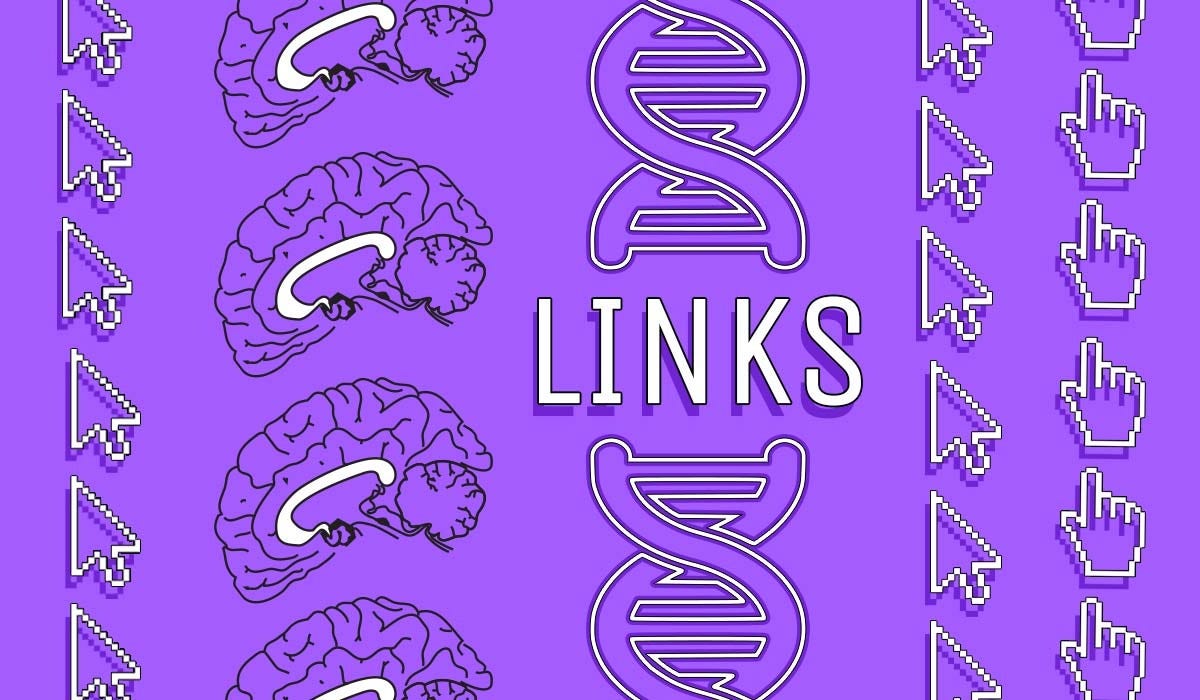LINKS - January 19th, 2022
Welcome to LINKS — my attempt to provide Rhapsody readers with five interesting stories that tell us something about what it means to be human. LINKS is published every Wednesday. Have a link you want to share? Drop it in the comments.
Innovation Hubs – Past, Present & Future
By Jamie Catherwood, Investor Amnesia
“Though hard to believe today, 19th-century Cleveland was a manufacturing powerhouse and cluster of innovation. It is said that “geography is destiny”, and Cleveland’s positioning on Lake Erie greatly benefitted the city after the Erie Canal was completed in 1825. The canal linked Lake Erie with the Atlantic Ocean, making cities on Lake Erie like Cleveland important ports. Additionally, Cleveland’s proximity to the iron ore of Lake Superior meant that iron and steel quickly became the city’s most important industries. Following the Civil War, Cuyahoga county’s (where Cleveland is located) manufacturing truly exploded…”
Neal Stephenson Thinks Greed Might Be the Thing That Saves Us
By David Marchese, New York Times Magazine
“It’s easy, especially now, to imagine a bleak and withered future, and that’s largely what our storytellers are doing. Whether it’s in novels, TV shows, films or video games, speculative imaginings of the world we’re heading toward tilt strongly to fatalistic despair. And while I can’t say with much conviction that I have hope for where our current path may lead, I have wondered why more artists aren’t pushing back and composing visions of the future in more than just minor keys. (Lord knows we could use it.) One artist who has done that over the course of his career is the best-selling sci-fi novelist Neal Stephenson.”
Oldest Known Fossil of a Modern Human May Be Even More Ancient Than We Thought
“Scientists say a Homo sapiens fossil found in Ethiopia in the 1960s is at least 233,000 years old, which would make it 36,000 years older than the previous estimate.”
The Attack of Zombie Science
By Natalia Pasternak, Carlos Orsi, Aaron F. Mertz, & Stuart Firestein, Nautilus
“Some scientists have come forward to denounce zombie science. Piotr Rzymski, a researcher in the Department of Environmental Medicine at the Poznan University of Medical Sciences, complained about the amount of useless peer review he was forced to do during the pandemic. “Some were ridiculous,” he told Science Business. “My favorite example is a suggestion to blow very hot air into a patient’s lung to eliminate the virus.” In the same article, Hans Ochs, professor of pediatrics at the Seattle Children’s Research Institute, said that some submissions he reviewed “are material for Saturday Night Live.”
NASA Crowdsources Solutions for Human Mission to Mars
By Avery Hurt, Discover Magazine
“The challenge is divided into four categories: trash, fecal waste, foam packaging material and carbon dioxide processing. Each category will offer multiple $1,000 prizes. In addition, four ideas will be judged as “Best in Class.” Each Best in Class winner will also take home $1,0001. The total prize money awarded will be $24,000.”
$1,000 seems kind of weak for an idea to get humans to Mars, no?




